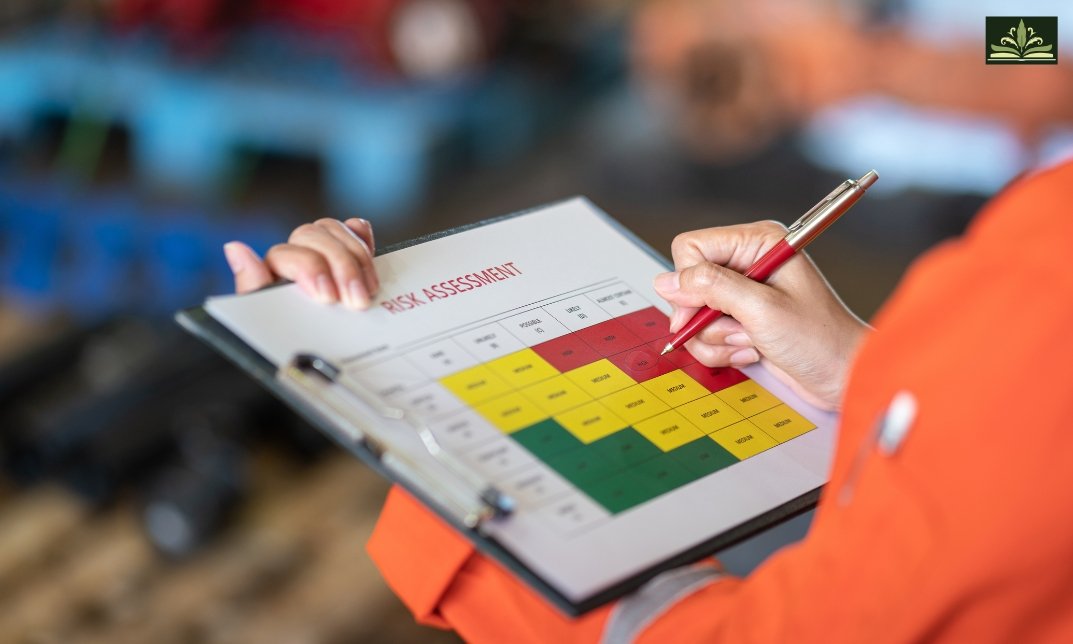No products in the cart.
Have you ever wondered how active listening improves communication in healthcare? Active listening means paying full attention to what people say. It shows you care, value them, and helps build trust. In this blog, we will tell you about the benefits of active listening and how to use it in health and social care.
Hearing someone talk is just a single aspect of active listening. It actually means paying attention to the speaker, understanding what they’re saying, and responding intelligently. Professionals can improve their client relationships with this skill. It enables them to provide care and understand patients’ concerns more effectively.
Active Listening in Health and Social Care
Active listening is a key skill for healthcare providers. It helps professionals understand the needs and feelings of clients. This creates a connection between them. Listening well allows carers to give more personalised care. It builds trust and improves communication.
Active listening also helps uncover problems early. It gives professionals the chance to take action before issues grow bigger. It shows people that their feelings and concerns matter. Listening closely is essential for providing good care.

Why You Need Active Listening in Health and Social Care
Active listening is more than hearing words. It’s about paying attention, understanding, and responding. Here’s why active listening is important:
Professional Growth:
Active listening helps professionals manage difficult situations. It strengthens relationships with clients and coworkers. It also improves communication and empathy.
Building Respect:
Listening carefully shows respect. It makes people feel valued and heard.
Improving Safety:
Miscommunication can lead to mistakes. Active listening ensures clear communication and reduces errors. It helps care teams pass on important details correctly.
Increased Cooperation:
Active listening helps people take part in their care decisions. This leads to better results and stronger commitment to care plans.
Problem-Solving:
Active listening helps carers notice problems early. It gives them a chance to act before issues get worse.
Encouraging Communication:
Active listening makes it easier for people to communicate. It helps those with emotional or physical challenges express themselves.
Promoting Mental Well-being:
Active listening reduces anxiety. It makes people feel comforted and supported.
Understanding Individual Needs:
Active listening helps carers understand each person’s needs. It ensures care plans are customised for each individual.
Building Relationships:
Active listening builds trust. When people feel heard, they share important information more easily.
Techniques for Active Listening in Health and Social Care
Active listening improves communication and trust. It helps carers understand the needs of clients. Here are some simple techniques to improve listening:
Keep Eye Contact:
Give the speaker your full attention. This demonstrates your attention to detail and focus.
Employ Body Language:
Maintain an open and at ease posture. You can demonstrate your engagement by leaning forward.
Refrain from Interrupting:
Do not complete the speaker’s sentences. Don’t interrupt them while they are speaking.
Remove All Distractions:
Switch off all electronics. Steer clear of background noise and give the speaker your full attention.
Use Silence Sensibly:
Give the speaker breaks. As a result, they have more time to reflect and talk.
Employ the Right Tone:
Speak in a clear, composed voice. Steer clear of using complex words.
By using these strategies, relationships are strengthened, and listening skills are enhanced.
Overcoming Challenges in Active Listening
Active listening can be hard at times. Here are ways to overcome challenges:
Mental Exhaustion:
Listening to emotional stories can be tiring. Take care of yourself and ask for help when needed.
Language Barriers:
Language differences can cause confusion. Use interpreters if needed, and learn about cultural differences.
Time Pressures:
Healthcare professionals are often busy. Focus on active listening during important conversations.

The Impact of Active Listening on Care Quality
Active listening enhances the quality of care. It strengthens relationships, builds trust, and results in better outcomes. When consumers feel heard, they are much more likely to trust their healthcare providers. This sets the stage for more personalised care and better health outcomes.
Active listening increases job satisfaction for workers as well. It enables them to feel the effects of their efforts. This awareness makes their work much more gratifying.
Conclusion
To sum up, communication in the healthcare industry requires active listening. It helps carers meet the needs of their clients, and fosters trust. Active listening demonstrates one’s value to others. It fosters empathy and comprehension, which results in improved treatment. Active listening should be a constant goal for healthcare professionals. It is a skill that improves job satisfaction and the quality of care.
Join our Health and Social Care course at the Wise Campus to learn more about this important skill and its impact on healthcare.






